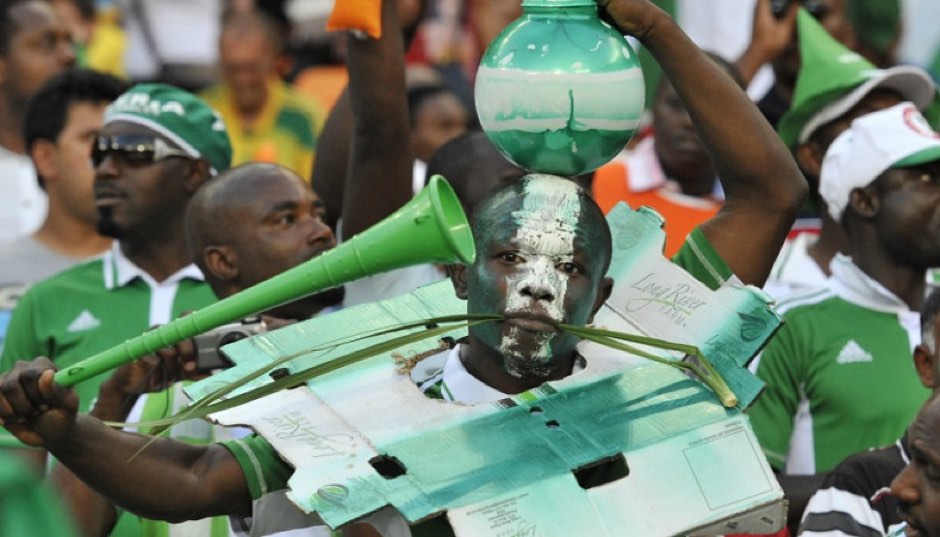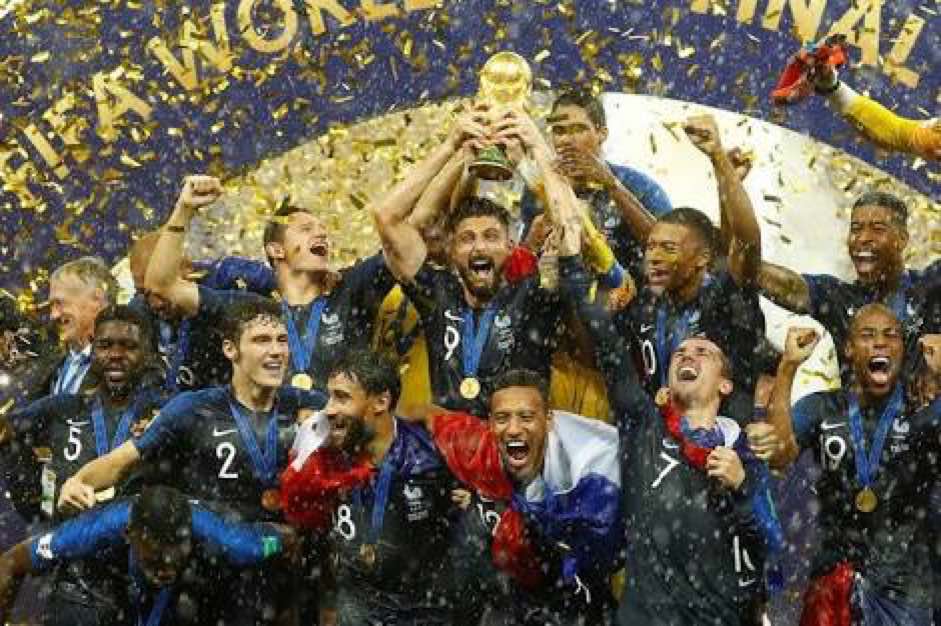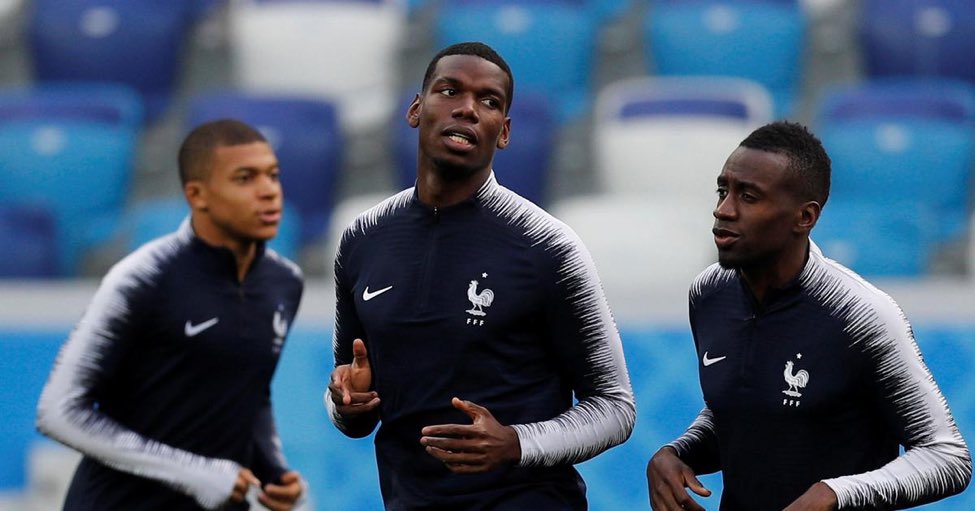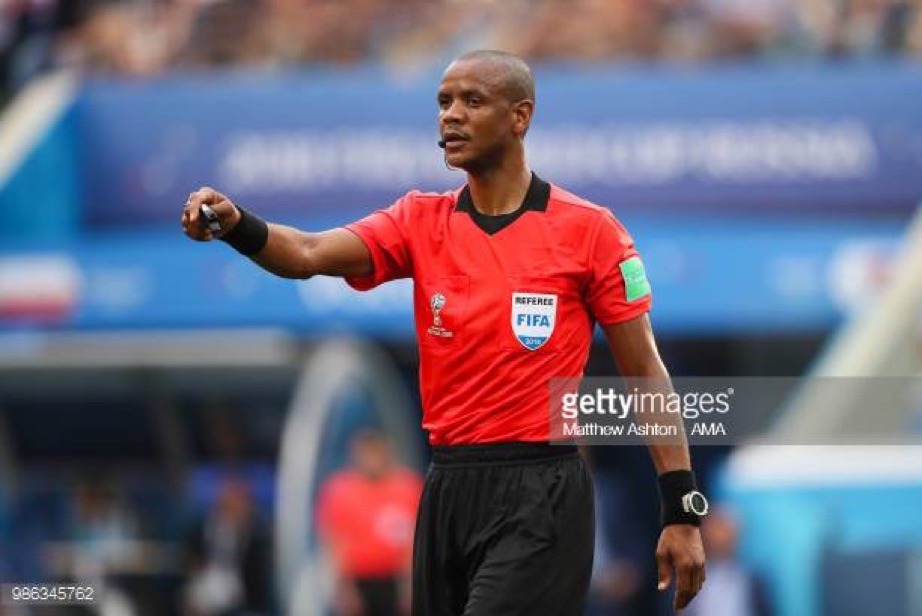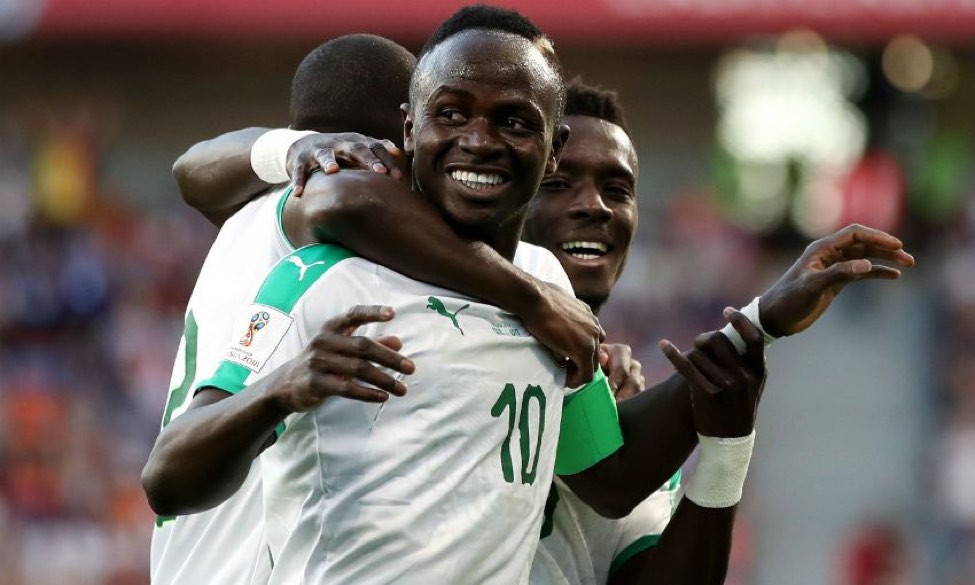When the Super Eagles of Nigeria produced such a stunning performance in its first participation at the 1994 FIFA World Cup in USA, Pele, the Brazilian football legend, quickly acknowledged that Nigeria is perhaps the greatest football team to have come from Africa.
He said: “Nigeria could present a formidable African challenge and could be the team to win FIFA World Cup in the near future.”
Truly, when a Nigerian team shows up in any football competition anywhere in the world, you can’t take them for granted. Most often they carry one of Africa’s biggest hopes and, once again, this year is no different as they are into the 2018 FIFA World Cup in Russia as one of the sides from the continent expected to have a decent run.
But their dramatic 2-0 defeat at the hands of Croatia last Saturday in their opening game has left Super Eagles prospects in the tournament teetering on an edge. To the football world, this is not just Gernot Rohr and his men desperately hoping for a revival in fortunes but the whole of Africa which looks at Nigeria as football juggernauts.
Africa itself is a complex mix of countries but nothing brings us closer than the global tournament showcasing the beautiful game of football. If Nigeria fails to progress in the competition the 54 Africa economies would be largely affected.
This is supported by a research by Professor Alex Edmans, of the London Business School who found that defeat in major sporting tournaments can have a direct impact on the markets for a good period with depressed traders not performing at their best.
The Super Eagles exit would also spell disaster for the pubs, shops and broadcasters that were relying on a vibrant Nigeria fuelling sales and audiences all the way to the final next month.
This means hundreds of millions of dollars, if not billions could also be wiped off the stock market in Nigeria alone if the Super Eagles are knocked out.
The tournament will not suffer directly but the viewership numbers in Africa would reduce as majority of the 160 million population in Nigeria would likely not be drawn into other matches. Indeed, the passion, abound everywhere from the streets to sports salons in the continent, will also go down.
An early Super Eagles elimination would also be a blow to Nigeria Football Federation (NFF) revenues drawn from shirt sales. The colourful jersey is currently selling like a hyped-up sneaker across Africa.
Amstel, Aiteo, Coca Cola and global online betting company 1XBET, sponsors of the Super Eagles, would all suffer in terms of publicity as these companies have set their business in other African countries where they are reported to be crossing their fingers for Nigeria not to bow out early.
On top of that, it would be leaving African football reputation in tatters as it would bring out the question about the state of football in our beautiful continent. It would explain more reasons of our football failure which comes down to the fact that the game is run the way many African governments are run – with indifference, incompetence and corruption.
The Super Eagles would not fall for want of talent. The West African country has produced some fantastic players who play in some of the best leagues and are household names around the world but the issue of patriotism will come out from exit, a fact that can be traced in most of Africa national teams.
The African football powerhouse’ inability to refine their raw talent into a successful senior squad would make Nigeria world football’s greatest underachievers – a microcosm of an oil-rich state that seems to be perpetually on the brink of economic breakthrough.
Now in the depth of a deep recession showing no signs of subsiding, Nigeria’s economic troubles may suggest a clear reflection of how financial problem can trickle down into football federations on the continent, whose inner workings mostly are a constant distraction to the players and coaching staff.
What would worry the football fans more if Nigeria exit is fact that Africa has never had more than one side in the knockout stages of the competition. Chances of Tunisia in a group that has England and Belgium are slims, turning Africa’s hopes to Senegal alone.
So far, most African teams in this year’s World Cup seems to be excited for simply playing on the same level as their European counterparts and have, as a consequence, rarely showed the drive to want to outplay their rivals.
The worrying showing of the African representatives in the tournament so far proves that a clear pathway to local success needs to be carved for the continent to succeed globally. Academies are forever appearing across the continent, but many players would still rather compete in Europe than in their domestic leagues.
Sufficient interest into the beautiful game across the continent will need to be placed so as to make the leagues in Africa grow so as to compete with the rest of the world.
One may say it is still early days in the World Cup to think of whether or not Nigeria will remain in the tourney after their second match against Iceland today but on the basis of what the African teams have shown so far, this may turn out to be another frustrating tournament and the continent must think of what next.
